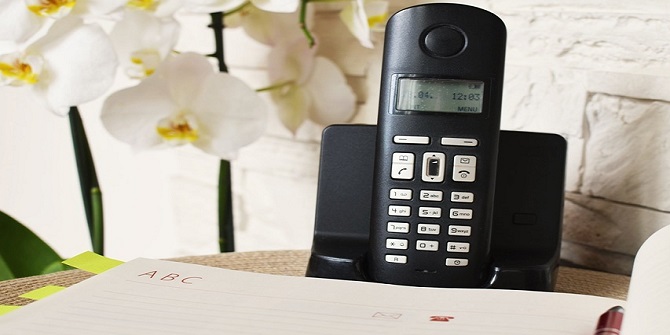What is it?
Employers such as EY, Barclays, Aviva, Nestle and Standard Chartered use strengths based questions, instead of competency questions, to assess their candidates at interview. A strengths based interview focuses on your strengths and what you enjoy doing, rather than what you can do as in a competency interview. Everyone has strengths whereas not everyone has the necessary previous experiences to draw upon to answer competency questions. So strengths interviewing is seen as a fairer and more inclusive method, allowing candidates to be selected on the basis of their natural talents. Candidates are less able to prepare rehearsed answers as in competency interviews, making for a more animated and energised interview process.
Why use it?
Employers like strength-based questions as they bring out the genuine interest, motivation and aptitude their candidates have for the strengths they seek in the ideal employee. This is measured through assessing your body language and facial expressions to see how animated you are when answering their questions and, therefore, how genuine your answer is. You should expect to face a large number of questions, which can range from closed questions to open questions. Some questions may feel repetitive but this is to allow the interviewer to compare your body language cues from question to question to assess your genuine strengths and interests.
Do you have any examples of strength-based questions?
Yes we do!
- Do you talk to different groups of friends differently?
- Have you ever wanted to quit something?
- Have you ever put the needs of a team before your own?
- Have you ever done something differently second time round?
- Do you prefer starting or finishing?
- How do you know your strengths and weaknesses?
- Why would you be better than other people?
- How would a lecturer describe you?
- What kind of person are you?
- What energises you?
What can you do to prepare?
As you can see, these questions are not asking for examples, so although you cannot pre-prepare what you are going to say, there are a few things you can do:
- Research into the strengths or values the company is looking for. Check their website, job description, person specification and collate any knowledge you have from speaking with their representatives.
- Use these as a guide to think about if you have strengths in these areas, and what approach you would take to show this. Strengths are things you enjoy, pick up quickly or look forward to using. You can assess your own strengths on the LSE Careers Career Builder tool or at GraduatesFirst
- Before going in to the interview ask yourself questions such as ‘What do I do well?’, ‘When am I performing at my best?’, ‘What activities get me energised and why?’. These will all help you to identify your own individual strengths.
- Remember there is no wrong or right answer. For some questions like, ‘Do you prefer starting or finishing projects?’ either answer is ok as long as you support your answer with sensible reasons for your preference. For example, you can say find it energising to start a project because you like to be involved from the beginning to help shape the project, or that you get a real sense of satisfaction when something finishes because you’ve been involved in completing something successfully.
- Review your CV and prior experience as it may be appropriate to draw on an example from your past, but just not in such a structured manner as with a competency interview. However, this certainly shouldn’t be the focus of your answers. For example the interviewer may ask ‘Do you enjoy working in a team?. If your answer to this is yes, you should firstly respond with why you enjoy working in a team and then back this up with an example of a time you have enjoyed doing so.
- Become familiar with the format of strengths based questions and practice your responses whilst looking in the mirror, or by video, remembering that interviewers will also be looking at your body language.
- Although the focus of a strengths based interview is your strengths, it’s not uncommon to be asked a question about your weaknesses. If you are, remember to be honest about your ‘weakness’ (no one is perfect!) but you should also talk about what steps you are taking to address/mitigate this.
Remember, if you have an interview coming up, you can book a 30-minute practice interview with a careers consultant over CareerHub.
Good luck!






2 Comments